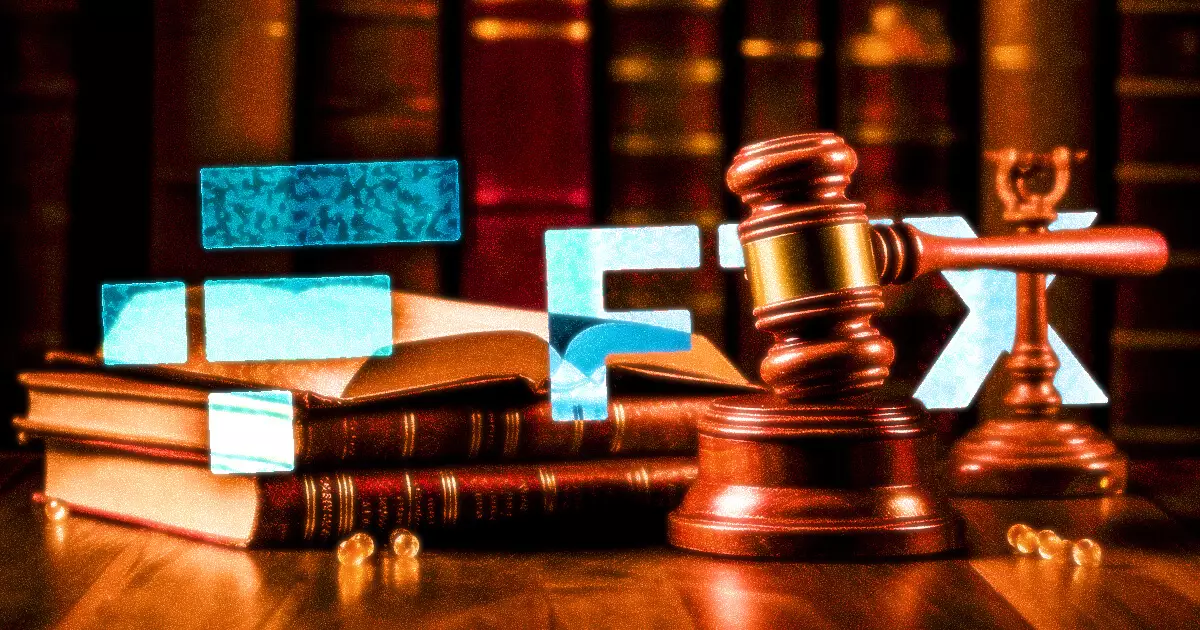In the cryptocurrency world, few events have echoed as loudly as the collapse of the FTX exchange. Once hailed as a beacon of innovation in digital finance, FTX plummeted from grace, leaving a trail of devastation for investors and confidence in the cryptocurrency sector. Central to this downfall are key figures like Nishad Singh, the former executive whose impending sentencing has illuminated not only his actions but also the broader dynamics at play within the exchange. As Singh seeks leniency, a closer examination reveals the complex interplay between individual accountability and systemic failures within corporate structures.
Nishad Singh’s legal representation has crafted a plea that emphasizes his limited role in the company’s catastrophic decisions. They argue that Singh recognized the severity of FTX’s misconduct and acted swiftly to cooperate with authorities. In legal parlance, this cooperation is often viewed favorably during sentencing, potentially mitigating the repercussions of one’s actions. The defense’s memo paints Singh as a relatively minor player amid a cabal of executives whose decisions precipitated widespread financial harm.
However, this argument hinges on the notion of culpability—how much responsibility should fall on Singh compared to his superiors? The legal strategies deployed by Singh’s team are not unusual in corporate criminal cases, where defendants position themselves as scapegoats in a landscape riddled with ethical ambiguities. This tactic raises ethical questions about the nature of accountability in leadership roles, particularly in industries where decisions can result in catastrophic financial consequences.
Singh’s case emerges during a turbulent time for the regulatory environment surrounding cryptocurrency and financial technologies. His plea seems to align with a broader trend in judicial proceedings that weigh cooperation and the nature of one’s involvement in relation to larger systemic failures. While the law aims to manufacture order in the wake of financial chaos, it often finds itself entrenched in murky waters where the line between individual wrongdoing and corporate negligence blurs.
Singh is not alone in facing judgment; he stands beside other former executives who have also admitted guilt in the FTX scandal. The specter of significant prison sentences looms over these figures, with differing lengths illustrating the legal system’s approach to such complexities. For instance, figures like Caroline Ellison received substantially lighter sentences—two years for her involvement—compared to Sam Bankman-Fried’s staggering 25-year term. This disparity raises fundamental questions about the criteria that courts utilize when determining culpability and how those choices reflect broader societal values regarding crime and punishment in corporate contexts.
As these cases move through the judicial system, the response from both lawmakers and the public is equally notable. Financial distress endured by investors feeds into a growing narrative that calls for stricter regulations within the cryptocurrency space. Congress has already engaged in discussions on the need for reform to prevent such collapses from recurring. Consequently, the outcome of Singh and others’ cases may play a significant role in shaping these regulatory frameworks. Public sentiment will likely sway lawmakers seeking to restore faith in a beleaguered industry.
Meanwhile, other FTX executives, such as Ryan Salame and Gary Wang, share a similar plight, each awaiting the consequences of their involvement. Their collective fates illustrate how individuals within a single organization may navigate varying paths of accountability and consequences—a stark reminder that in corporate environments, the stakes are often shared, yet the repercussions can be markedly disparate.
As Singh’s sentencing looms, the broader fallout from the FTX catastrophe serves as a critical juncture, not just for the individuals involved but for the cryptocurrency industry as well. Each decision rendered by the court will ripple throughout the financial landscape, potentially establishing precedents that govern accountability in future corporate malfeasance. The collective narratives of these executives, woven together by greed, ambition, and eventual ruin, spotlight the delicate balance of power, ethics, and law in an uncertain digital frontier.
Ultimately, as Singh requests leniency, one must ponder whether such appeals serve justice or merely highlight the failures of a system designed to safeguard against misconduct. The responses elicited by options like collaboration versus punishment will echo throughout the industry for years, influencing not just how future executives navigate similar challenges but also shaping the conception of integrity in an increasingly complex financial environment.


Leave a Reply